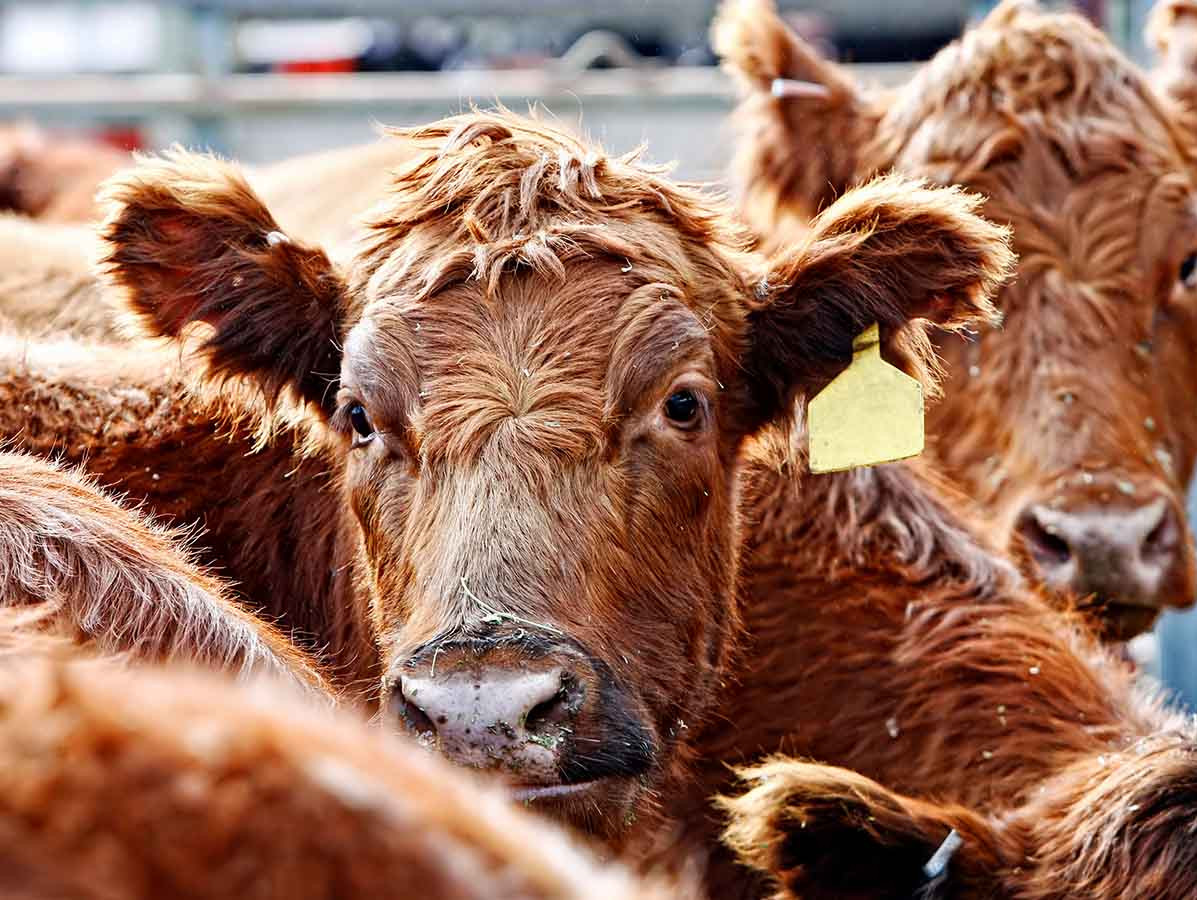
In 2024, the NVWA had its hands full with animal health and welfare. About 8% of its total capacity went toward animal diseases, and 9% was allocated to welfare. Inspectors carried out 3,755 checks related to animal health, 997 of which led to enforcement measures. Most of these cases involved diseases such as bluetongue, African swine fever and avian influenza. Bluetongue was by far the most prominent: over 11,000 of the 12,175 reports processed were linked to this disease. Avian influenza was reported less often but still resulted in two outbreaks.
Animal welfare inspections totalled 4,095 and took place at nearly 3,000 businesses. The NVWA monitored transport conditions, visited slaughterhouses and inspected sites where eels are killed for processing. Thirteen such inspections were carried out; one resulted in an official report. In serious cases, the agency again applied its so-called ‘three-strikes-out’ approach. A separate pilot was launched to examine whether earlier slaughter times on hot days might improve animal welfare. Early findings are promising, with follow-up planned in 2025.
The NVWA also looked at compliance among pig, laying hen, beef cattle and sheep farmers—particularly regarding heat stress. For sheep, a separate compliance measurement was introduced, partly due to the high number of complaints during previous heatwaves.
Nature and environmental protection formed another key focus area. The NVWA allocated 12% of its capacity here. In total, 7,190 inspections were carried out—slightly fewer than the year before. This was partly due to an influx of new staff who required training. As a result, the agency also explored smarter inspection methods, including data analysis and the use of drones.
Among cherry growers, fewer than half complied with the conditions for using exempted crop protection products. Elsewhere in the market, nearly 3,000 litres of illegal pesticides were found. These originated in Spain and are not authorised for use in the Netherlands. The NVWA also stepped up its information efforts, providing additional guidance on the EU Deforestation Regulation and organising sector-specific meetings and trial inspections with businesses.
In the area of imports and exports, further steps were taken toward digitalisation. Shipments of animal-based products entering the Netherlands rose by 6% compared to 2023. For non-animal food products, the volume decreased by 5%, although the number of required lab tests increased by 20%.
As of 31 January 2024, stricter export requirements to Great Britain have come into effect. Companies exporting meat, fish, dairy or egg products now need an export certificate. This led to a 64% increase in shipments requiring certification. To qualify, companies must have an approved protocol in place for each product type. The NVWA verifies compliance through random checks, including remote inspections.
Source: NVWA